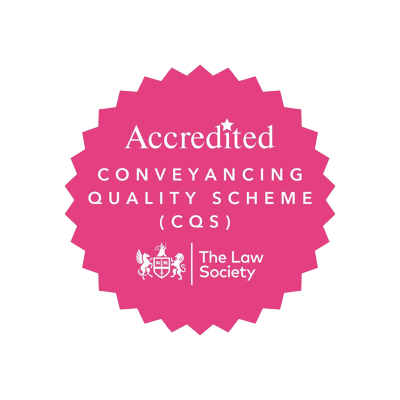
A lease extension is the process of increasing the length of a lease on a leasehold property.
When you buy a property, it will either be freehold or leasehold.
If you own a freehold property, you own both the building and the land it stands on.
If your property is leasehold, you own the building but not the land it’s on. The freeholder owns the land and, if you own a flat, they also own shared areas like hallways or gardens. A lease runs for a fixed period, usually between 100 and 999 years, so you may never need to extend it in your lifetime. However, when it ends, ownership returns to the freeholder unless you extend it.
When the lease falls below 90 years, the property’s value can start to decrease, making it harder to sell or remortgage.
If your property has a short lease, potential buyers may be hesitant to purchase because they would need to extend the lease themselves.
Some lenders may refuse to remortgage if less than 80 years are remaining on the lease.
Extending the lease helps maintain the property’s value and ensures long-term security for the leaseholder.
Time is crucial when it comes to lease extensions, and since the freeholder is unlikely to approach you, it’s best to be proactive. Lease extensions can be done in two ways: statutory and voluntary.
Extending your lease this way adds 90 years to your current term and removes ground rent payments, though service charges still apply.
Keep in mind, that the statutory process can be time-consuming with strict deadlines. Missing these could delay your ability to extend for another year.
Statutory extensions are also typically more expensive than voluntary ones. A property valuation is required to determine the premium, and we can refer you to experienced surveyors. You’ll also need to cover the landlord’s legal fees and the surveyor’s costs.
With a voluntary lease extension, the landlord determines the terms, including the cost and length of the extension.
The process is more flexible, allowing you to approach the landlord without the strict statutory requirements.
Voluntary extensions may also be cheaper than statutory ones, although this isn’t always the case. The landlord isn’t legally required to reduce the ground rent to zero. They can maintain the current ground rent until the original lease term ends, after which it may be reduced. You may also be responsible for covering the landlord’s legal fees and surveyor’s costs, along with your own.
As of June 30, 2022, ground rents for new leases have been eliminated for qualifying long residential leasehold properties in England and Wales.
The Leasehold Reform refers to a set of legal changes aimed at improving the rights of leaseholders in the UK, particularly in England and Wales. The reforms are part of a broader effort to address issues related to the leasehold system, which has been criticised for being unfair to homeowners.
The Leasehold and Freehold Reform Bill has received Royal Assent and has now become law, but it’s not quite as simple as that. For more information, click here.
We know it’s complicated, so at ONP Solicitors, we’re committed to securing the best terms for you. Book a free consultation with one of our lease extension specialists by clicking here.
Our expert team will manage the entire process from start to finish, ensuring your new extended lease is completed and registered with HM Land Registry.
We aim to make things hassle-free, only contacting you for urgent instructions to keep everything running smoothly. We also work closely with a skilled team of surveyors who can assist as needed.

Jonathan Frankel qualified in 2007 and has been acting for leaseholders and freeholders since he qualified for both non-contentious and non-statutory claims relating to leasehold enfranchisement in the Property Tribunal. The team consists of a department manager who is a solicitor, and 4 case handlers with a department admin & new business associate.
Please contact us using the form below or call us on 0161 694 3000 Monday to Friday 8.30am to 5pm (excluding bank holidays).


ONP Solicitors is a modern, forward-thinking law firm that takes the stress out of buying and selling property. We keep every aspect of legal conveyancing simple, and most importantly, we keep things moving. Wherever you are, we’re by your side, making moving simple.
ONP Solicitors is a trading name of O’Neill Patient Solicitors LLP. Company Registration OC322650. Registered in England and Wales with Registered Office at 2nd & 3rd Floors, 2 Stockport Exchange, Stockport, Cheshire, SK1 3GG. Authorised & regulated by the: Solicitors Regulation Authority. SRA Reg .No. 449172 VAT Number: 991275685.